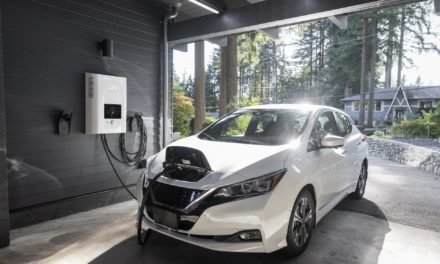In recent years, London has been at the forefront of efforts to reduce emissions and combat climate change. One of the most significant developments in this regard has been the surge in electric car usage across the city. As the UK moves towards its goal of net-zero emissions by 2050, Londoners have embraced the electric revolution, with more and more drivers making the switch from traditional petrol and diesel engines to electric vehicles (EVs).
According to the latest statistics from the Society of Motor Manufacturers and Traders (SMMT), there were over 310,000 registered EVs in the UK as of 2020, and this number is growing rapidly. In London alone, there were over 20,000 new EV registrations in 2020, representing a 38% increase from the previous year. This trend is expected to continue, as the UK government has announced a ban on the sale of new petrol and diesel cars from 2030.
There are several reasons why Londoners are turning to EVs. One of the most significant factors is the city’s increasingly strict emissions standards. London’s Ultra Low Emission Zone (ULEZ) requires all vehicles entering the city center to meet certain emissions criteria, with non-compliant vehicles subject to a daily charge. This has encouraged many drivers to switch to EVs, which are exempt from the ULEZ charge.
Another key factor is the improved infrastructure for EVs in London. In recent years, the city has invested heavily in charging points, with over 4,000 public charging stations now available across the city. This has made it much easier for EV drivers to charge their vehicles, and has helped to alleviate the range anxiety that has traditionally been a barrier to EV adoption.
In addition to these practical considerations, there is also a growing awareness of the environmental benefits of EVs among Londoners. Electric cars produce zero emissions at the tailpipe, meaning they can help to reduce air pollution and improve air quality in the city. They are also much more energy-efficient than traditional petrol and diesel cars, meaning they have a lower carbon footprint overall.
Of course, there are still some challenges to overcome before EVs become the norm on London’s roads. One of the most significant issues is the upfront cost of purchasing an electric car, which can be higher than a comparable petrol or diesel model. However, the government has introduced various incentives to help offset this cost, including grants for purchasing new EVs and tax breaks for businesses that invest in electric fleets.
Overall, it’s clear that Londoners are playing a key role in driving the electric revolution in the UK. With the right infrastructure and incentives in place, EVs have the potential to become the default choice for drivers across the city, helping to reduce emissions, improve air quality, and create a more sustainable future for all.





